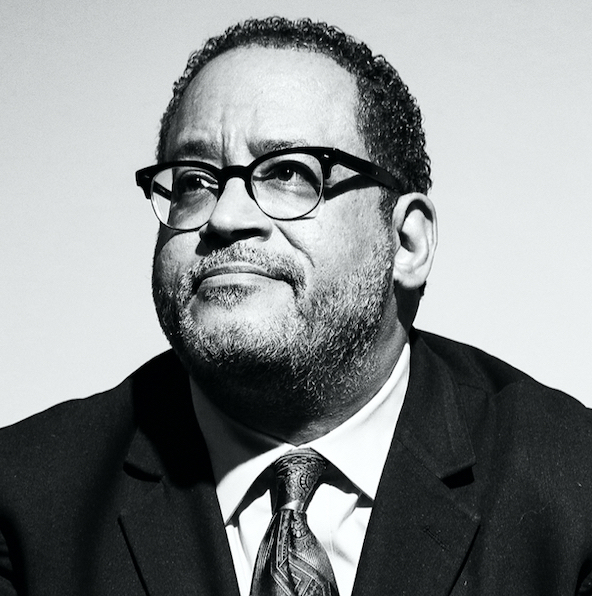Over the last several years in Philadelphia, we have witnessed the erection of the first monument to a Black man in our city, abolitionist Octavius Catto; the first mural to a legal and civic giant, A. Leon Higginbotham, Jr.; a community effort to rename a street from Taney — named for the Supreme Court justice who wrote the Dred Scott decision — for Caroline LeCount, Philly’s own Rosa Parks; and a school renamed from racist president Andrew Jackson to former slave-turned-educator Fanny Coppin Jackson.
Like these people, to me, the All Stars are the everyday folks who are doing the heavy lifting for their race and culture: Teachers, sanitation workers, people who work the traffic lights and run nurseries — both for kids and for your grass — the people who are clerks in local stores. They are the preachers who reach masses of people on a daily basis; the writers whose praises don’t get as well-sung as they should; the social activists who are out there trying to make a better life for us even when we don’t understand what’s at stake.
These are the people Dr. Martin Luther King, Jr., referred to as the “ground crew without whose labor and sacrifices the jet flights to freedom could never have left the earth.”
09
Sister Rosetta Tharpe
Musician
Sister Rosetta Tharpe
Musician
1915-1973
The “godmother of rock n’ roll,” Sister Rosetta Tharpe was born in 1915 in Cotton Plant, Arkansas to cotton pickers. Prompted to do so by her mother, Tharpe began to play the guitar at the age of four and was dubbed a child prodigy. She began to travel with her mother around Arkansas two years later.
By the mid 1920’s Tharpe and her mother had settled in Chicago. It was here where Tharpe began to create her own unique musical style: a blend of Delta blues, New Orleans jazz and gospel music. Her music consistently and openly explored themes of sexuality.
Seeing a female guitarist and musician at the time was rare, especially one who sang both secular and religious music. Tharpe was persistent, however, landing herself a gig at the Cotton Club Revue in New York City in 1938, before recording her first singles. Tharpe performed with the likes of Duke Ellington, and Muddy Waters, remaining motivated even amidst racist policies at many venues that forced Tharpe to sleep in buses outside.
Accomplishments:
- Groundbreaking female musician dubbed the godmother of rock n’ roll
- First gospel singer to record with a major recording company
More on Tharpe: AAEP 1600, Sister Rosetta Tharpe; NPR Music, “Forebears: Sister Rosetta Tharpe, The Godmother Of Rock ‘N’ Roll”
Final word: “She was playing rock’n’roll way before anyone else,” described keyboardist Lonnie Liston Smith whose father toured with Tharpe. “That was way before Chuck Berry and all those guys. Nobody else had even come up with something like that.”
Reporting by Aly Kerrigan and Ethan Young.



